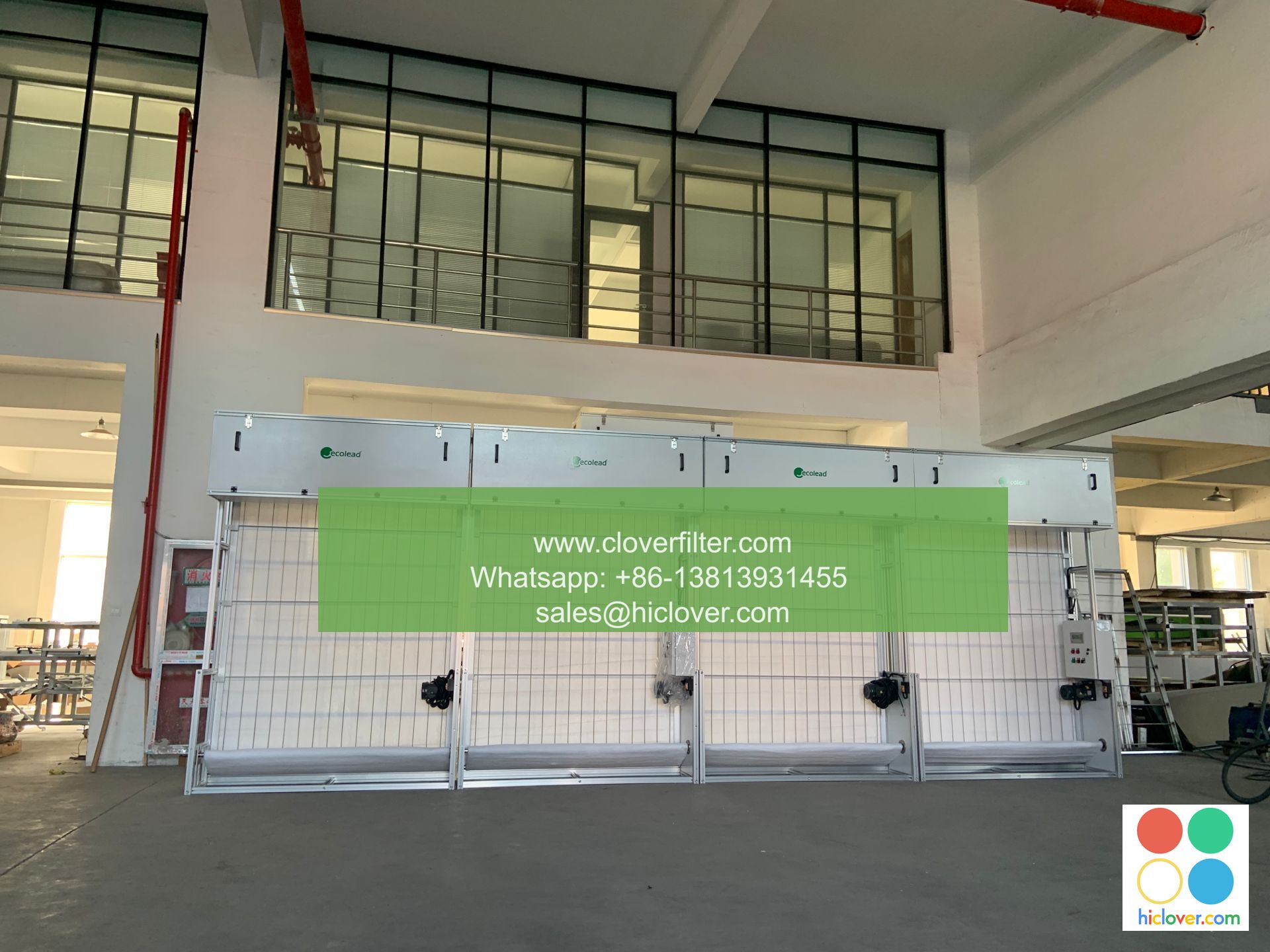The Best Air Filters for Allergy Sufferers

The Best Air Filters for Allergy Sufferers: Breathing Easy
Introduction
Are you tired of constantly suffering from allergies? Are you tired of constantly sneezing, coughing, and blowing your nose? If so, it may be time to consider investing in the best air filter for your home or office. In this article, we’ll explore the top air filters for allergy sufferers, highlighting their features, benefits, and application areas.
Understanding Allergies: What Are They and Why Are They a Problem?
Allergies are an overreaction of the body’s immune system to a specific substance, such as dust, pollen, or pet dander. When allergens enter the body, they trigger an immune response, leading to symptoms such as:
- Sneezing
- Coughing
- Congestion
- Runny nose
- Itchy eyes
- High MERV Rating: MERV (Minimum Efficiency Reporting Value) rates air filters based on their ability to capture particles as small as 3 microns. A higher MERV rating indicates a more effective filter.
- Particulate Matter (PM) Filter: These filters capture a wide range of airborne particles, including pollen, dust, and pet dander.
- Activated Carbon: Activated carbon filters remove gases, odors, and chemicals, improving indoor air quality.
- HEPA (High-Efficiency Particulate Air): These filters capture 99.97% of particles as small as 0.3 microns, making them ideal for allergies.
- Fiberglass Filters: Commonly used in residential HVAC systems, fiberglass filters are an affordable and easy-to-install solution. MERV 6-8 rating.
- Pleated Filters: More effective than fiberglass filters, pleated filters use paper or synthetic media to capture particles. MERV 7-12 rating.
- Electronic Air Cleaners: Also known as electrostatic air purifiers, these filters use charged particles to capture airborne allergens. MERV 11-14 rating.
- HEPA Filters: The gold standard for air filtration, HEPA filters capture 99.97% of particles as small as 0.3 microns. MERV 17-20 rating.
- Home: Install your new air filter in your HVAC system or use as a standalone unit in your living room, bedroom, or home office.
- Office: Keep your workplace air fresh and allergen-free by installing air filters in the central air system or using individual units on each floor.
- Automotive: Install an air filter in your car to reduce pollen and dust particles for improved air quality while driving.
- Restoration and Construction: Use high-quality air filters to capture dust, debris, and other airborne particles in residential and commercial renovation projects.
Allergies can significantly impact daily life, making even the simplest tasks feel overwhelming.
Acquiring the Right Air Filter: What to Look for
When shopping for the best air filter, look for the following features:
Top Air Filters for Allergy Sufferers
Application Areas: Where to Use Your New Air Filter
Conclusion
Investing in the best air filter for your specific needs can significantly reduce allergy symptoms, improve indoor air quality, and enhance your overall well-being. By understanding the importance of air filtration and selecting the right filter for your environment, you can breathe easy and live easily.
I’m happy to help! What would you like to talk about or get help with?


